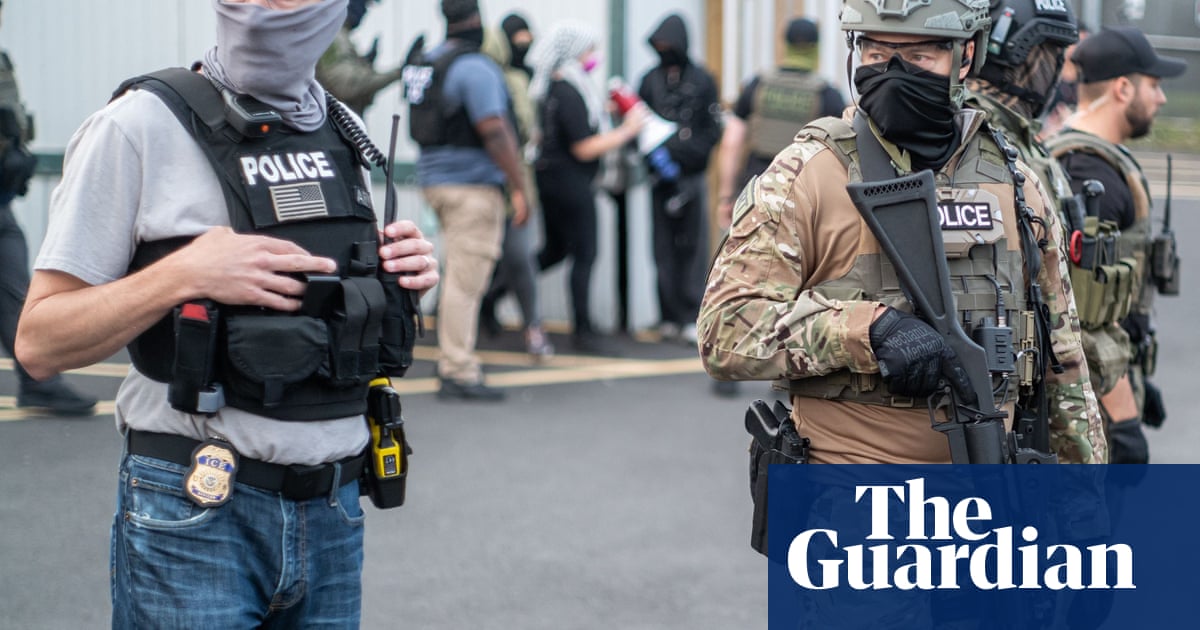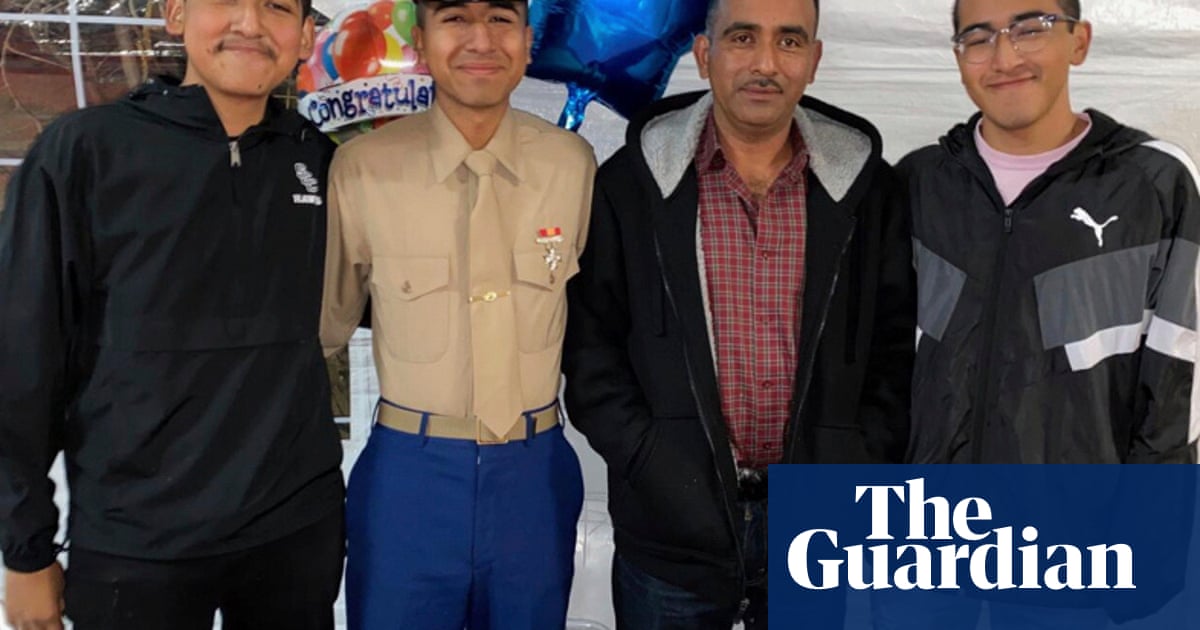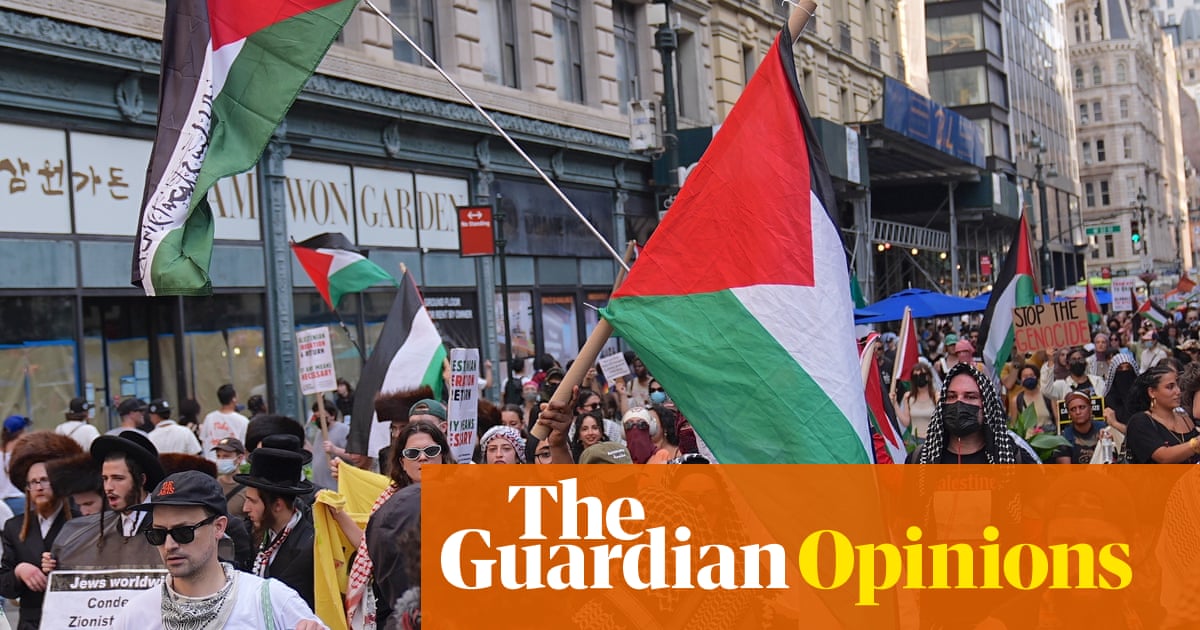On the first night of Passover, it seemed like a one off – an arson attack on Pennsylvania governor Josh Shapiro’s mansion. The arsonist, per police, took issue with Shapiro’s stance on Israel and Palestine.
Then, in late May, outside an American Jewish Committee young professionals’ event for young Jews in the DC area to meet young diplomats, two Israeli embassy staffers were shot and killed; the shooter yelled, “Free Palestine.” Roughly a week and a half later, in Boulder, Colorado, a rally in solidarity with hostages held in Gaza was firebombed; the attacker also reportedly yelled, “Free Palestine.”
The string of events have deeply unnerved Jewish Americans of all stripes. Despite a wide range of political views, there exists a measure of consensus among Jewish institutions that they need to reconsider their safety protocols. There is less unity on the root causes of the violence, and what policy solutions should address it.
“I don’t know anyone who isn’t rethinking their security and the security of the Jewish institutions that they visit,” said Halie Soifer, CEO of the Jewish Democratic Council of America.
Many synagogues have recently heightened security, whether in the form of armed guards, metal detectors, surveillance systems or some combination.
Rabbi Joe Black is a senior rabbi of Temple Emanuel, a Reform congregation in Denver, Colorado, a Jewish community he described as “closely linked” to Boulder’s. He said that his synagogue has in recent years upped its spending on security in response to rising antisemitism, putting in place guards, cameras and security systems.

The last several weeks have also seen a change of protocols. “I never liked the thought of having armed guards in the synagogue. I do now. And I hate that,” Black said. Meanwhile, Eric Fingerhut, president and CEO of the Jewish Federations of North America, recently called for Congress to increase funding for security at Jewish institutions.
The American Jewish community is deeply divided over thorny questions around when calls for Palestinian rights cross over into antisemitism. Many view the string of attacks as part of a rising wave of antisemitism fueled by the pro-Palestinian movement. Some on the left, on the other hand, object to conflations of anti-Zionism with antisemitism that are used to suppress protest against Israel’s US-backed war in Gaza. The recent acts of violence all involved targets associated to varying degrees with Jewish life but also with Israel – though it is not entirely clear what the perpetrators knew about them or, in the case of the latter two, precisely how they selected their targets.
For some, particularly more conservative voices, the issue is one of speech that has gotten out of hand. Jonathan Greenblatt, head of the Anti-Defamation League, has singled out Twitch streamer Hasan Piker and university graduation speakers who have spoken out in support of Palestinian rights, whom he accused of spreading “blood libel” against Jews. “We’ve got to stop it once and for all,” he said on Fox News.
“We were told over and over again that this was just freedom of speech being exercised. It should not be misunderstood at this point: When someone says ‘Free Palestine,’ what they mean is ‘kill Jews,’” Dr Nolan Lebowitz, senior rabbi at California’s Valley Beth Shalom, one of the largest conservative synagogues in the country, told the Guardian. He pointed as an example to a protest on 8 October 2023 that included some voices that appeared to celebrate the Hamas attacks from the day before, referring to it as a “terror parade”.
Others see a different kind of predictability, arguing that if Jewish institutions themselves blur the lines between Judaism and support for Israel – particularly as Israel wages a war in Gaza that has killed a conservative estimate of more than 50,000 Palestinians since the 7 October attacks – it is inevitable that others will, too.
“When you have the main [Jewish] institutions … consistently hammering home that Zionism and Judaism are entirely equivalent, that you can’t have Judaism without Zionism, and that 90% of American Jews are Zionist – how do you expect people outside of the community to not just take that for granted?” asked Andrue Kahn, the executive director of the American Council for Judaism, which is devoted to promoting Jewish life “free from Zionist and other nationalist ideologies”.
The backdrop to all of this is the Trump administration, which has spent the last several month cracking down on universities and detaining and trying to deport students involved in pro-Palestinian protests, all in the name of fighting antisemitism. In the wake of the attack in Washington DC, Secretary of State Marco Rubio denounced the term “free Palestine” and vowed to continue a crackdown on foreign nationals. Meanwhile, Donald Trump, in a social media statement following the Boulder firebombing, did not explicitly mention Jews, but did blame his predecessor Joe Biden’s border policies for the attack, suggesting he would use the attack as further justification for his anti-immigrant crackdown.

“I think one of the things that we’ve been seeing over the past several months is a weaponization of antisemitism by the current administration in order to promote policies that are contrary to my values, contrary to Jewish values,” said Black, the Reform rabbi from Denver. “That doesn’t mean antisemitism is not real. It needs to be addressed in a sane, clear, logical way.”
Black believes that the attacks were a consequence of the term “Zionism” being warped in public discourse to become synonymous with oppression. (He calls himself a “proud Zionist” who supports Israel’s right to defend itself but questions Israeli prime minister Benjamin Netanyahu’s motives in prosecuting the war.) Asked what steps he wanted to see taken, he, too, said he wanted more funding for nonprofit security – and also for politicians to avoid using the attacks to justify their own political ends.
“There’s disagreement about what it will take for the current administration to really take on antisemitism,” said Jacobs, head of the URJ. Law enforcement needs to work with and be responsive to Jewish communities, he said, and there needs to be a national conversation about distinguishing between free speech and incitement to violence. “But at the same time, we don’t want to dismantle our democracy and the rule of law and constitutional rights. It’s a delicate balance,” he continued.
“We have a wider Jewish community that’s fearful,” he said. “No one is surprised when they get the news flash that there’s been yet another attack on the Jewish community.”
There is one point of agreement: the answer is not for Jews to drop out of engaging civically and as Jews. Jacobs insisted: “We will not accept a reality where people are just too afraid to participate in Jewish life.”

 German (DE)
German (DE)  English (US)
English (US)  Spanish (ES)
Spanish (ES)  French (FR)
French (FR)  Hindi (IN)
Hindi (IN)  Italian (IT)
Italian (IT)  Russian (RU)
Russian (RU)  3 weeks ago
3 weeks ago
























Comments